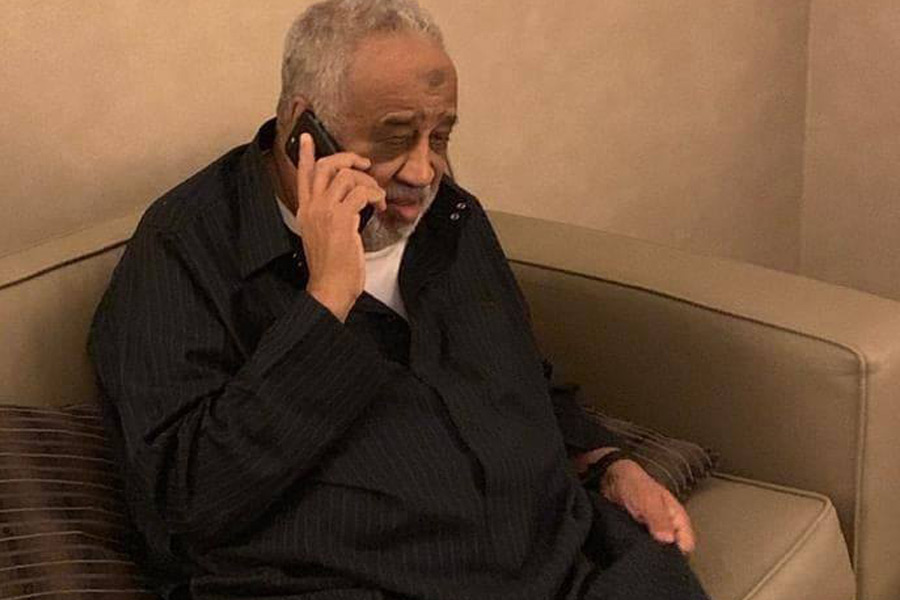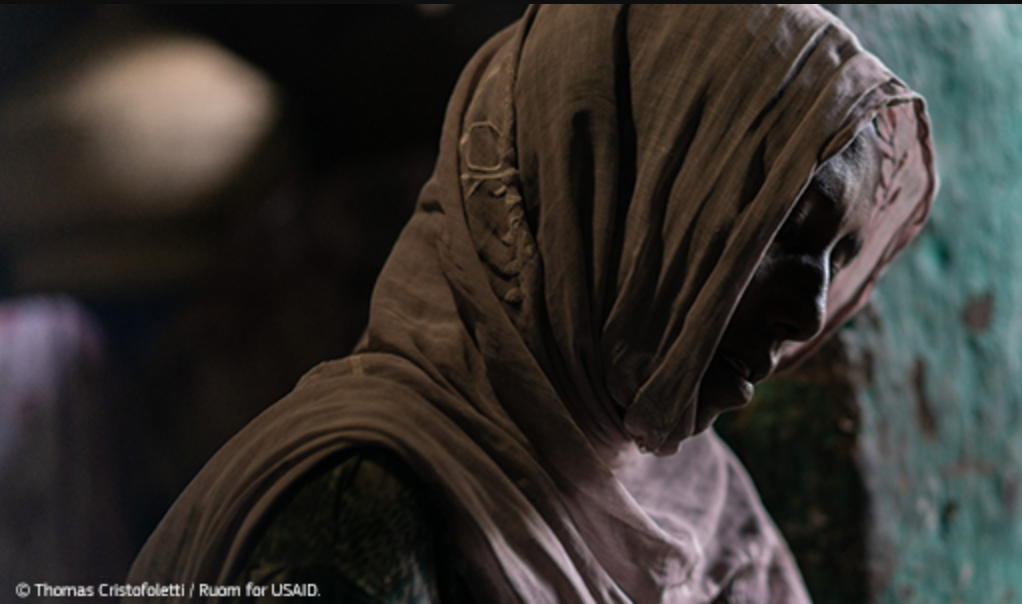
I have never been married, let alone divorced. But I am old enough to have figured out that each marriage is different in its own way and encompasses a great many subtleties younger people such as I would probably neither understand nor are interested in finding out.
But even still, Marriage Story is a scary movie. If the message of the average romantic comedy is that we all should sometimes take risks and indulge in what our hearts desire, Noah Baumbach’s latest directorial outing says something entirely different. It warns that unless we compromise until nothing but a shadow of our former selves is left, there will always be moments where the relationship will feel like a stupendously massive mistake.
Marriage Story is not for couples looking to have their hearts warmed and their doubts about each other playfully dispelled. Like 2011’s Iranian breakout movie A Separation, it is the horror movie of films about relationships. Unlike the Iranian movie, this one takes place in a first-world, at least partially liberal, country with strong legal institutions, thus is understandably far less scary.
The film opens with Charlie (Adam Driver) and Nicole (Scarlett Johansson) telling the audience what they each love about one another. The way they tell it, their relationship seems to be a match made in heaven.
It is not. After a decade of living together, they have grown too tired of each other. Nicole believes that she has compromised a great deal because of her transition from the screen to stage acting and by moving to New York from Los Angeles. She feels that she has lost a good chunk of her youth to Charlie and his idea of a good life. Having been offered a starring role in a promising TV show that shoots entirely in the City of Angels, she will take the opportunity and redeem a sense of control she has not felt ever since her early 20s. If this means that her marriage will fall apart, she believes, then so be it.
Charlie sees things completely differently. He loves New York. A successful, yet not affluent, stage director, he believes that his work has meaning, that Nicole has significantly upgraded her career in joining his theatre company and that their marriage is just peachy. He loves her mom, and she loves him too and adores their only son.
He also still loves Nicole and believes that she had from the very beginning been happy with the career choices he made for her and the city he has chosen for them to stay in. That is until she “decided not to be.”
At first, their divorce seems to proceed largely without acrimony. But since Nicole has no plans to return to New York but to live for the foreseeable future in Los Angeles with their son, she gets herself a feisty lawyer, Nora (Laura Dern). Threatened by the possibility of losing custody of his son, Charlie too hires a fiery lawyer. The fact that the lawyer is played by Ray Liotta says all that needs to be said about the vicious downward spiral the divorce takes. It is never a good sign when a character that needs to be played by Liotta is introduced.
Marriage Story is not so much about the pain of losing a loved one but the sociological and financial toll it takes. Separation is depicted as a conscious uncoupling. The couple has hit a wall and no longer see a way of moving forward. The best decision, they agree, is to go their separate ways. This is no easy task and has emotional consequences on both partners. But as long as both are in agreement, it truly is the least painful part of the process.
Divorce is far more complicated. It implies a separation of property, partial or lack of guardianship of a child and disintegration of social networks. The couple suddenly become parties and their separation no longer is about them but the property they own, the child they raise and the people they know and are related too.
The film owes its strength largely to its at times comedic but mostly sardonic and sharp-edged dialogue. This is thanks to Baumbach - who himself had been married once to an actor who then filed for divorce in Los Angeles - who understands that every utterance and exchange of words between a couple whose relationship is biting the dust often is interpreted in the worst possible way by both of them.
Like in Frances Ha, Baumbach’s 2013 indie hit, which would have been hailed a masterpiece by now had it come out at least two decades earlier, the filmmaker finds the subtle feelings and circumstances that have such resounding impacts on the lives of the characters in focus.
But in the end, I remain curious as to why Baumbach titled the film Marriage Story. It is misleading. It is about the dissolution of a marriage.
Is there anything to read into the fact that despite having a son with his current partner, Greta Gerwig, with whom he wrote Frances Ha, they never married? Does he believe that separation, and then divorce, is the rational conclusion to any marriage where both partners strive to achieve their dreams? Is Baumbach telling us that separation is the true story of a marriage?
The performances, as is often the case with any good movie, are excellent. Johansson manages to radiate the penchant and yet purposeful persona of her character, while Driver, the American Benedict Cumberbatch, gracefully assumes the role of a man that is good at heart but can be incredibly egocentric most of the time.
But it is Dern that outshines everyone with her portrayal of a no-nonsense lawyer that would rather see the world burn than a woman getting the short end of a stick during a legal divorce proceeding. Her character, which deserves a TV show of her own, is determined to make sure that if women have trouble getting the upper hand in a heavily patriarchal world then they will surely get it in divorce.
PUBLISHED ON
Dec 21,2019 [ VOL
20 , NO
1025]

Agenda | Feb 18,2020

Films Review | Feb 01,2020

Fortune News | Jan 28,2019

Fortune News | Oct 04,2021

Fortune News | Jun 10,2021

Fortune News | Sep 30,2021

Fortune News | Sep 30,2021

Fortune News | May 24,2021

Viewpoints | Apr 29,2023

Fortune News | Jul 14,2022

Photo Gallery | 178020 Views | May 06,2019

Photo Gallery | 168229 Views | Apr 26,2019

Photo Gallery | 158979 Views | Oct 06,2021

My Opinion | 137038 Views | Aug 14,2021

Oct 25 , 2025
The regulatory machinery is on overdrive. In only two years, no fewer than 35 new pro...

Oct 18 , 2025
The political establishment, notably the ruling party and its top brass, has become p...

Oct 11 , 2025
Ladislas Farago, a roving Associated Press (AP) correspondent, arrived in Ethiopia in...

Oct 4 , 2025
Eyob Tekalegn (PhD) had been in the Governor's chair for only weeks when, on Septembe...

Oct 25 , 2025 . By YITBAREK GETACHEW
Officials of the Addis Abeba's Education Bureau have embarked on an ambitious experim...

Oct 26 , 2025 . By YITBAREK GETACHEW
The federal government is making a landmark shift in its investment incentive regime...

Oct 27 , 2025
The National Bank of Ethiopia (NBE) is preparing to issue a directive that will funda...

Oct 26 , 2025 . By SURAFEL MULUGETA
A community of booksellers shadowing the Ethiopian National Theatre has been jolted b...